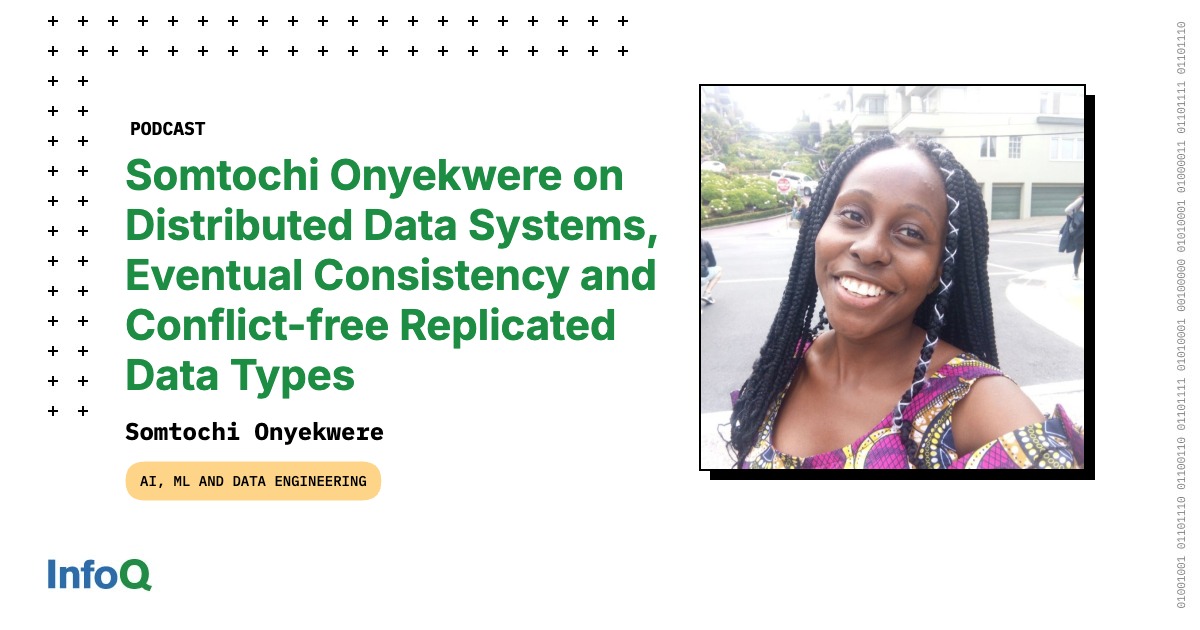Software development
fromInfoQ
1 week agoHow a Small Enablement Team Supported Adopting a Single Environment for Distributed Testing
Reusing one development environment with versioned deployments and proxy routing, enabled by a small enablement team and cultural buy-in, scales distributed-system testing.









